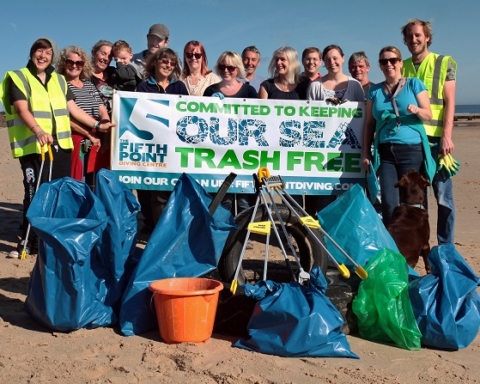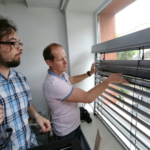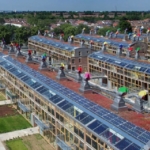France becomes the first country to build a photovoltaic road
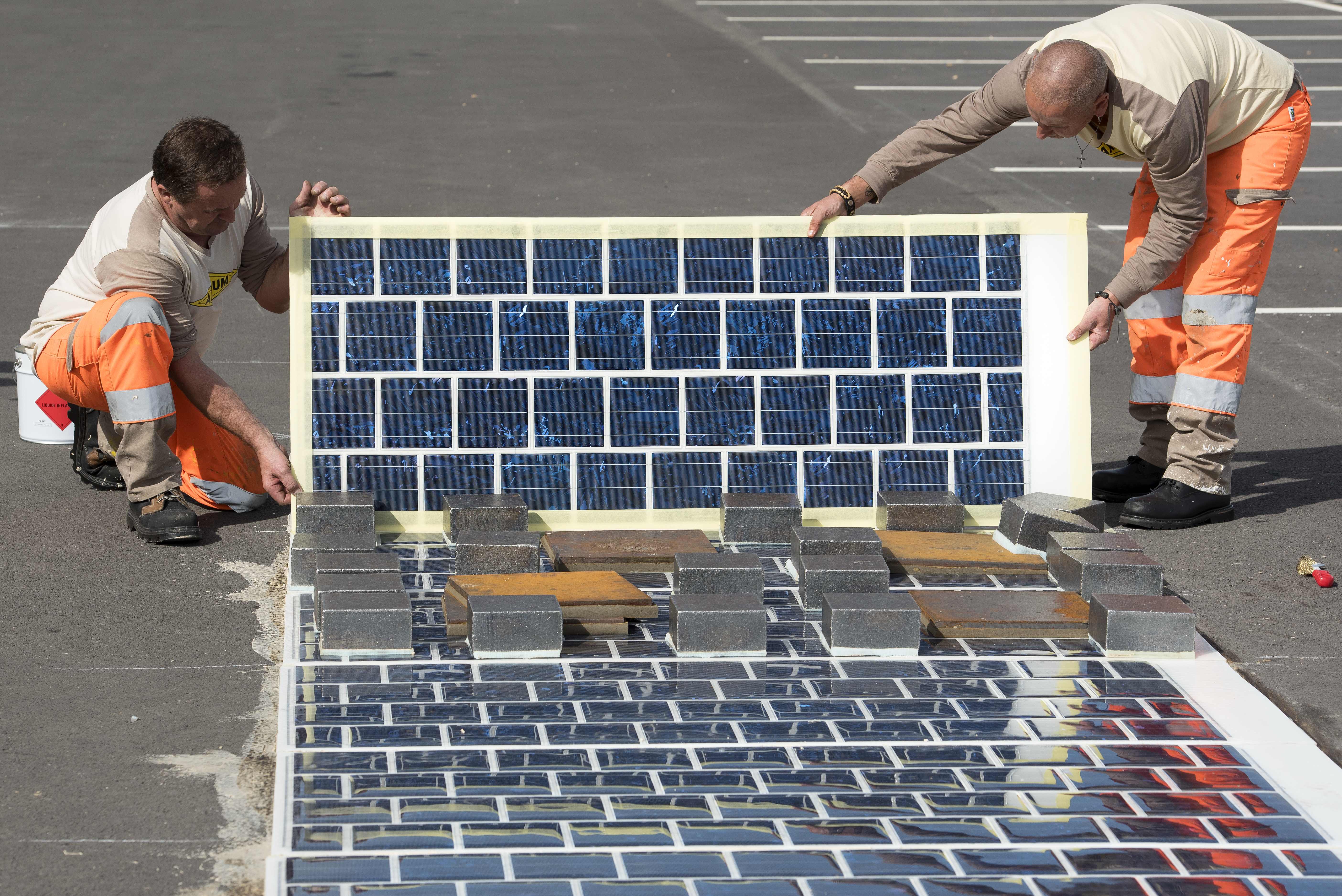
This is the road of the future. Photovoltaic and smart, it can capture solar energy and produce electricity directly. This road can furthermore provide information on traffic conditions and on the state of road itself. And it is France which has become the world pioneer by launching the site for the construction of the very first photovoltaic road in Orne in the department of Normandy.
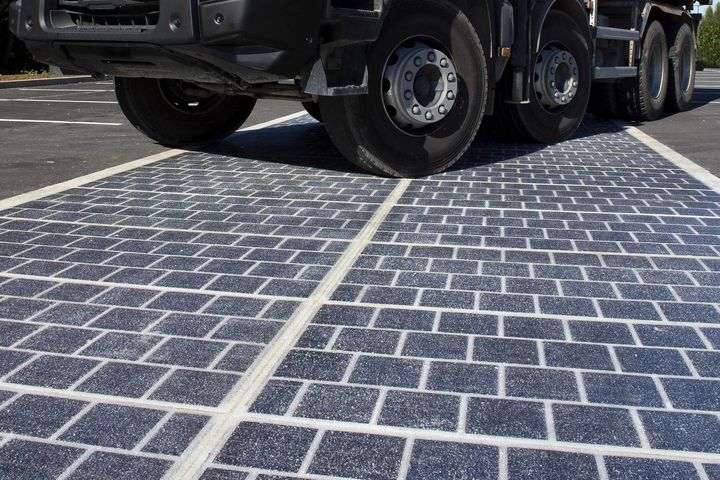
The construction works began on 25 October 2016 and the first section will extend over one kilometer. These works are expected to be completed in December. The sum of €5 million has been earmarked for this purpose. The French government plans to overlay various roads- measuring 1,000 kilometers in total– with solar panels. Once completed, they are estimated to provide electricity to 5 million French or in other words, to 8% of the French population.
The project, totally Made in France, is being accomplished following extensive research carried out for five years by l’Institut national de l’énergie solaire (National Institute of Solar Energy) (INES) and Colas- a subsidiary company of Bouygues. Tests were conducted in Chambéry and Grenoble with a steady stream of one million vehicles to measure the functionality and sustainability of these panels. According Colas, not a single plate was moved or was damaged. At the inauguration ceremony, Ségolène Royal, Minister of Ecology, spoke with great pride and enthusiasm:
It’s utopia becoming reality
The solar road project is based on WattWay technology developed by Colas-one of the world leaders in transport infrastructure. The panels were manufactured in a local company in Orne. This first section of the road that will be 2m wide is expected to generate some 17,963 kWh of energy on a daily basis. This can provide an entire town of 5,000 inhabitants with public lighting. WattWay confirms that panels spreading over an area of 20m2 may supply a complete household with green energy easily.

The WattWay innovative technology is simple and requires no heavy work. Existing roads merely need to be covered with the solar panels– which are in fact slabs- without the need for any additional engineering work. These slabs were created so that vehicles, including trucks, can pass along without causing any damage.
The panels are made up of photovoltaic cells carefully wrapped in several layers to make the slabs exceptionally resistant. Thin sheets of polycrystalline silicon, on their side, help to capture solar energy which is then converted into electricity. According to Colas, these slabs can last up to 20 years and are adaptable to any kind of road worldwide.
The photovoltaic road is a clever means to generate clean and renewable energy in the long term. The idea of transforming the existing roads in this way is ingenious because, according to studies, roads are occupied by vehicles for only 10% of time and they are constantly facing the sky and the sun.
In designing the photovoltaic slabs, Colas also judged important not to create a product that requires the destruction of an existing infrastructure. The policy is to rebuild without destroying.
This photovoltaic road is not only green but also intelligent. As soon as it will produce electricity, it will send data about the traffic and the state of the road itself through a massive network of integrated sensors. The company is already considering designing an induction system allowing the photovoltaic roads to recharge electric vehicles.



